Boko Haram and Shabaab will become deadlier as the Isis caliphate crumbles
"Influence and capacity of Boko Haram and Shabaab will increase tremendously in 2018," says analyst.
For the past three years, the Islamic State (Isis') terror group has been synonymous with brutal executions, persecution of minorities, chilling videos of child soldiers beheading hostages, deadly suicide bombings, knife and vehicle attacks.
When the group emerged in 2014, it swept across Iraq and Syria and seized numerous territories and key cities. Mosul in Iraq and Raqqa in Syria became the capitals of its self-declared caliphate.
Hundreds of thousands of people became subjected to the group's cruel regime that limited freedoms to the very minimum. Many more fled their homes and the group's brutal grip on what became a de-facto state ruled by extremists.
The Isis propaganda machine reached every corner of the world with images and videos of brutal executions and calls for war against the West.
The group quickly became one of the world's most brutal terrorist organisations, blamed for the death of thousands of people in all its declared provinces.
The organisation has also claimed responsibility for numerous lone wolf attacks across the West, although analysts have often warned such claims are not reliable and could be just a propaganda tool.
The caliphate is crumbling
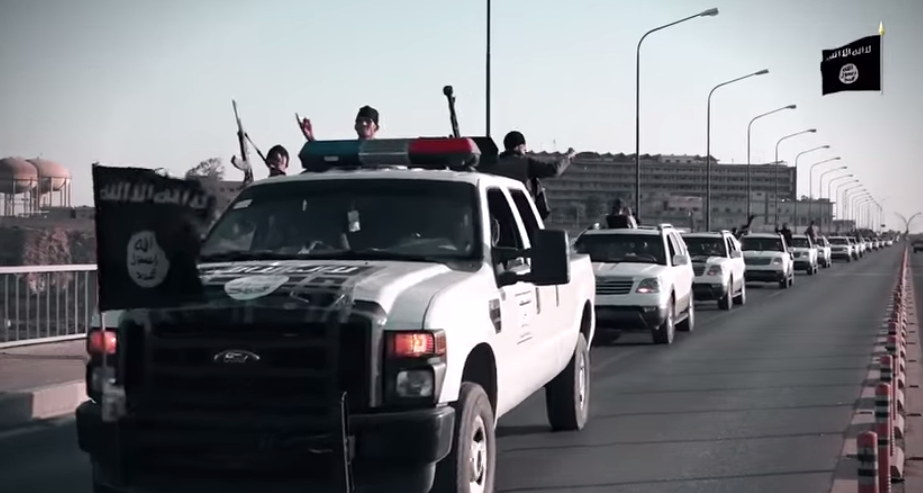

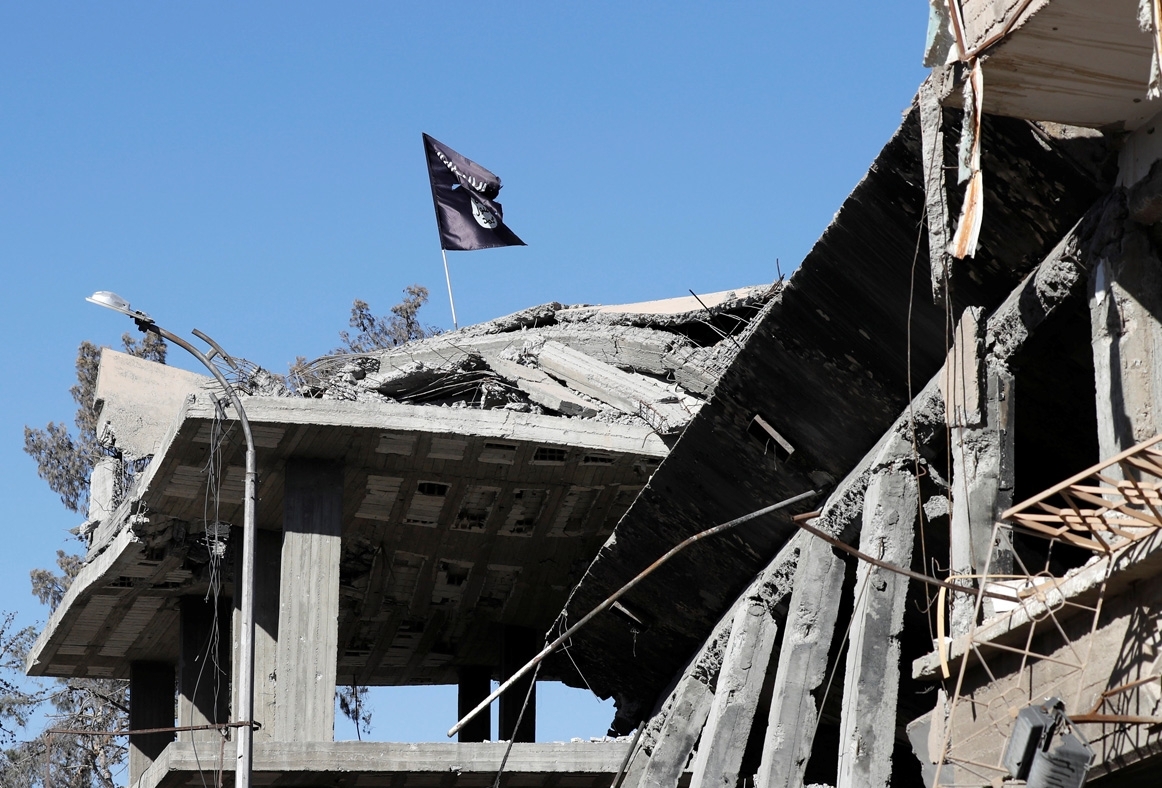
Once one of the most feared entities on the planet, Isis is now seeing its dream of a caliphate fading away, as it continues to lose both territories and fighters due to multinational offensives.
Both Raqqa and Mosul have been retaken by coalition forces, leading to Isis fighters breaking ranks and attempting to leave.
The demise of Isis does not mean the end of the group's ideology, however. Many fighters are returning home, but many more are regrouping somewhere else or are joining other terrorist cells around the world.
The most recent example of this phenomenom is Marawi, a city in the Philippines seized by Isis-linked Maute and Abu Sayyaf militants. The city was under siege from May until October.
Dozens of foreign fighters fought alongside the Maute in Marawi. A Philippines intelligence source said that of the 400-500 fighters who seized Marawi, as many as 40 had recently come from overseas, including from countries in the Middle East.
Isis eyes Africa
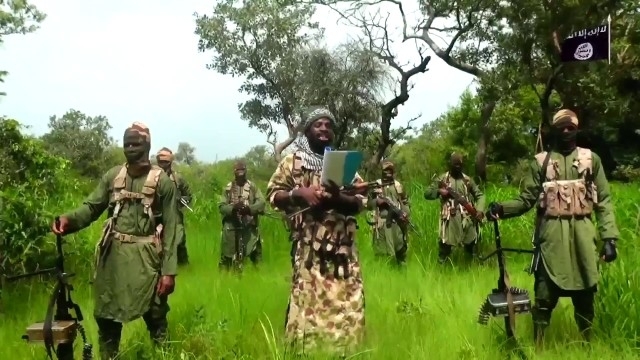

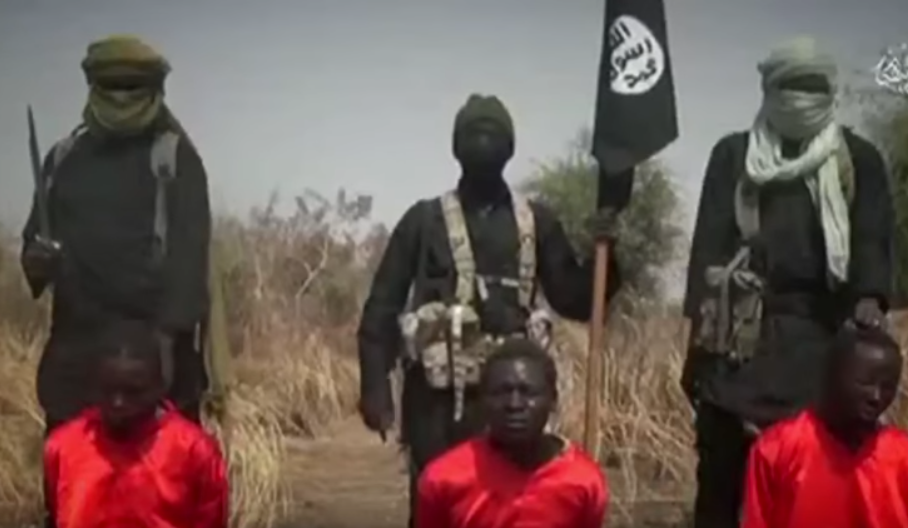
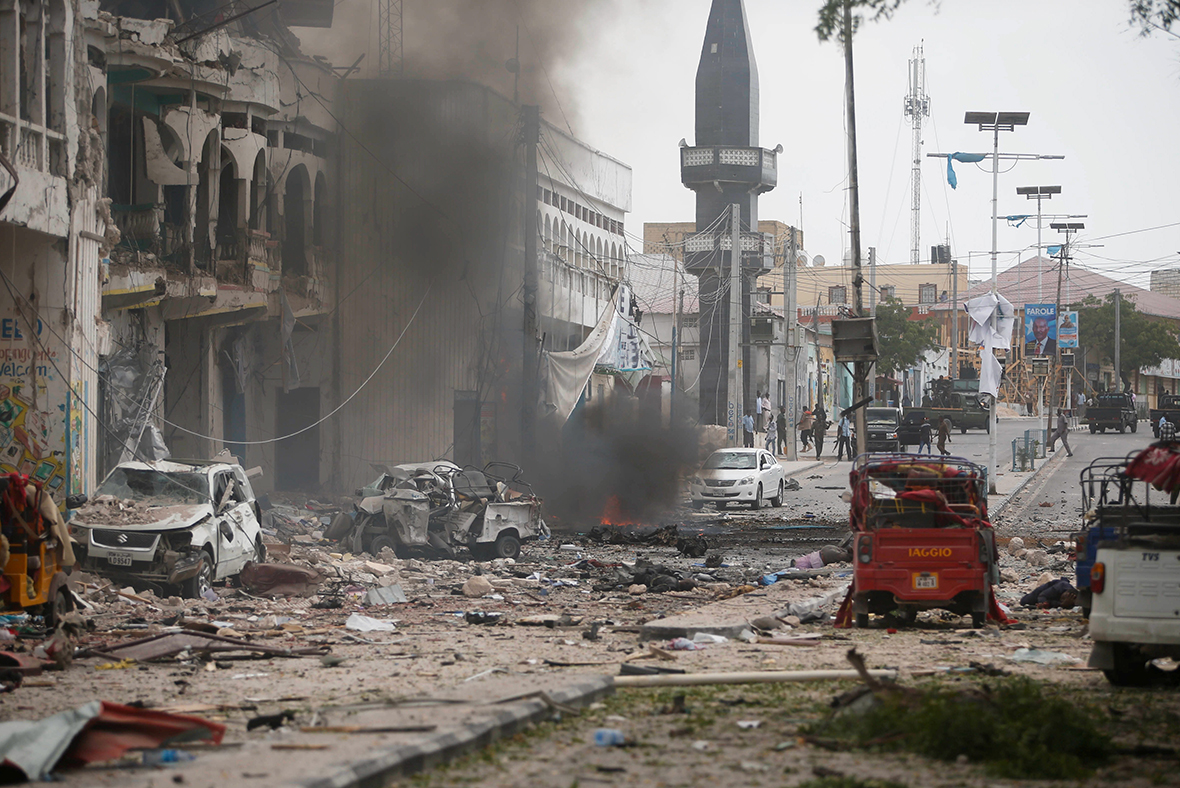
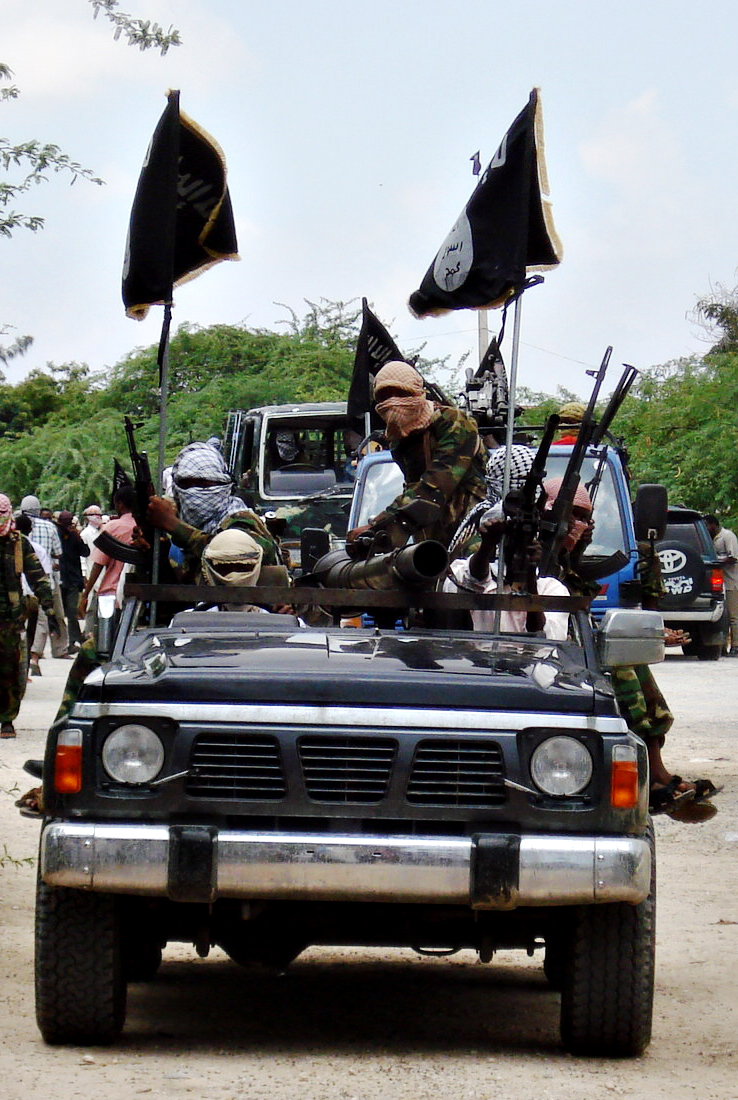
Fleeing Isis fighters could relocate in Africa, where Isis has already established a foothold with a presence in Libya and Egypt and through alliances with local groups, including Boko Haram in Nigeria and, to a minor extent, Shabaab in Somalia.
Both groups have wreaked havoc in western and eastern Africa for years.
Boko Haram - blamed for the death of at least 20,000 people since 2009 - was declared the world's deadliest group in 2015, surpassing Isis.
Last month, Shabaab carried out what has been labelled as the worst terrorist attack in Somalia, and perhaps Africa, in recent times. More than 300 lives were claimed in a truck bomb attack in Somalia's capital Mogadishu, often targeted by the group, whose splinters are affiliated to both Isis and Al- Qaeda.
Counter-terrorism expert David Otto believes that these two groups, the deadliest in Africa, are set to become even more powerful as fleeing Isis fighters will seek a safe haven on the continent, which he deemed as "Isis Disneyland for recruitment , planning and preparation of attacks".
"The majority of ISIL foreign fighters combined come from countries linked to North Africa, such as Tunisia, Morocco, Algeria, Egypt , Sudan and Mali," Otto explained.
"Now that ISIL has been pushed back, it is only normal that North Africa will provide a very convenient environment for fighters to retreat, especially with the instability provided by Libya, Mali, Nigeria and Somalia - the best hideout for jihadist groups.
"As Isis moves towards Africa, the influence and capacity of Boko Haram and Shabaab will increase tremendously in 2018. Africa provides a ready environment for vulnerable and potential recruiters, especially now that young Africans are auctioned in Libya for as little as $400. This is a market that Boko Haram, Al-Qaeda and ISIL willl be looking to take advantage of."






















